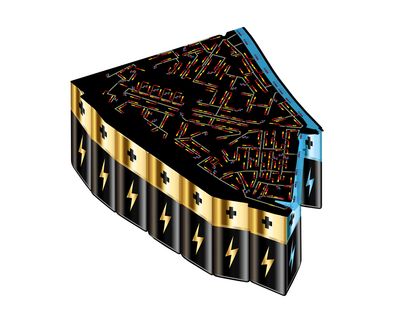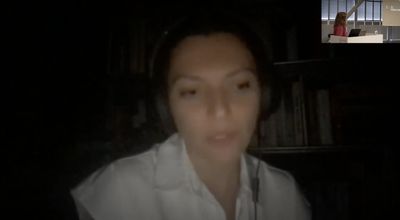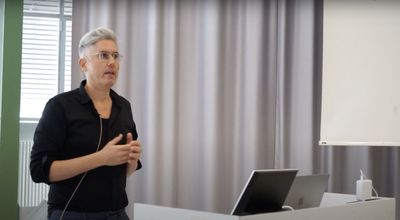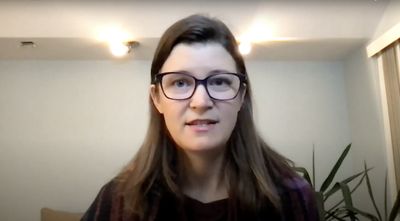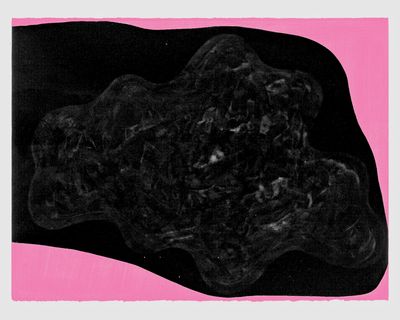Energy MattersEva Pfannes
The Netherlands is undergoing a major transition, aiming to shift 1.5 million homes away from dependency on gas within the next decade. OOZE was commissioned by the IABR to develop a Local Energy Action Plan (LEAP) to implement the energy transition at district level in the municipality of Rotterdam while also contributing to the city’s resilience and the Sustainable Development Goals (SDGs). Questions that led to the LEAP are fundamental: How do we literally leap from where we are now to where we need to be in the future? How can we transition from living with a massive individual footprint of 16 tonnes CO2 per year to living in a carbon neutral world by 2050 at the very latest? Answers to such questions surely do not lie in the domains of science and technology alone. They also don’t rest with individual households; their contribution to the reduction of carbon emissions can in a best case be 18 % only. Actually, answers cannot be given by any individual person, country or institution, as the energy transition is a shared problem that has to be addressed collaboratively and integrally. Any LEAP should use the energy transition to address climate mitigation and climate adaptation and more equal inclusive society and the SDGs.
To find answers to the above questions, the LEAP investigated four concrete cases at a concrete locations with a known group of actors at a given moment in time. From exploring this concrete cases, a number of generally applicable principles were derived. The overarching principle is the idea that restoring connections between nature and natural capacities, the city, and its inhabitants is a basis for minimising the human footprint on the natural world. Within this wider context, principles are custom-tailored to foster paradigmatic change in energy systems and across any boundaries.
Eva Pfannes is an architect and urban designer working in Europe, India and Brazil. She co-founded the international design practice OOZE in 2003 with Sylvain Hartenberg, working across scales, from regional strategies to architecture and research, combining an elaborate understanding of natural, ecological processes, with technological expertise and deep insights in to the social-cultural behaviour of users of the built environment. The cyclic closed-loop processes found in nature are the foundation for each intervention and integrate the human scale within a comprehensive urban strategy. Eva was co-curator of the ninth edition of the International Architecture Biennial Rotterdam (IABR), DOWN TO EARTH (2020–2021) and the lead designer of the IABR–Atelier Rotterdam III. She is the team lead for the City of 1000 Tanks project in Chennai, part of the global Water as Leverage program of the Dutch Government. Her expertise covers urban, participatory and climate resilience strategies including Nature Based Solutions and developing multi system models with an interdisciplinary team. Eva’s work was widely published, including The Materials Book by Ruby Press, DOMUS, AJ and The Guardian and exhibited in the Venice Biennial 2021, ZKM, Studio-X-Rio, the São Paulo Architecture Biennial and the International Architecture Biennale Rotterdam. Awards include the 2017 Landscape Institute Award UK for “Best Design for Temporary Landscape” and the LafargeHolcim Bronze Award-Latin America 2017.
